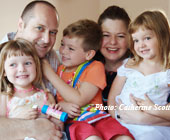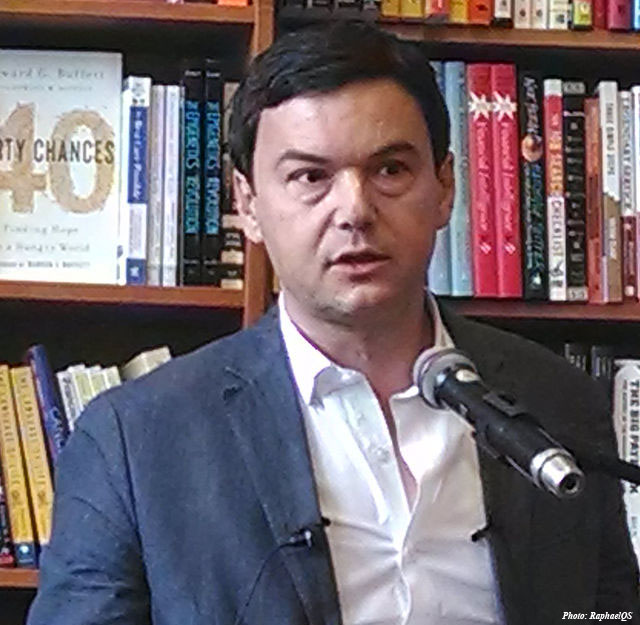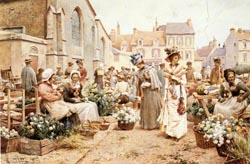The Family Cannot Be Substituted by the State
The child can have no better guardian than the family which watches over him more than any state agency can do. Carle Zimmerman notes: “The parent who prevents a baby from swallowing a safety pin, keeps him from high places, warns a child daily about crossing the street, and inspects the evacuation functions of a … Read more












